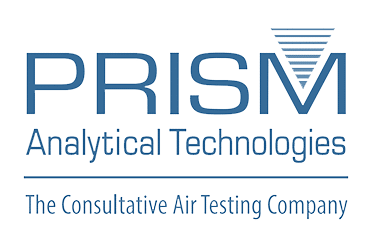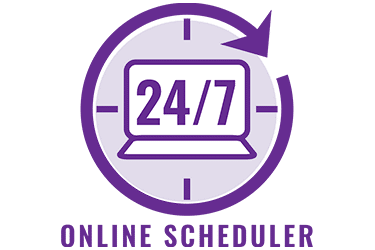Are you looking to buy a property for personal or business use? Whether it’s a house or a commercial space, it’s always important to get a thorough inspection before you make a deal. This is where residential and commercial inspections from Valley Building Inspections come in. Understanding the key differences between the two can help you make an informed decision before purchasing the property.

Scope
One of the main differences between residential and commercial inspections is the scope of the inspection. A residential inspection typically includes a thorough evaluation of the structure, systems, and components of a single-family home. On the other hand, a commercial inspection involves a more extensive evaluation of larger properties, including commercial buildings, warehouses, and multi-family homes. Commercial inspections are more detailed and complicated because they require a deeper understanding of the building’s systems and components.
Purpose
The purpose of a residential inspection is to identify any existing or potential problems with the property. The inspection report provides buyers with an overview of repairs and upgrades that need to be made and potential safety hazards. In contrast, commercial inspections focus on identifying problems that could negatively impact a business’s operations. This includes evaluating factors such as structural integrity, occupancy permits, and compliance with zoning regulations.
Cost
The cost of a residential inspection is typically less expensive than that of a commercial inspection. Residential inspectors charge, on average, between $300 to $500, while commercial inspections can cost upwards of $1,000. However, the cost of commercial inspections can vary based on the size and complexity of the property.
Knowledge
Residential inspectors typically have a good understanding of a home’s systems and components, including electrical, plumbing, heating, and ventilation. They are trained to identify potential hazards and provide recommendations for repairs. Commercial inspectors, on the other hand, require more specialized knowledge and skills. They must have a deep understanding of commercial building codes, safety regulations, and zoning laws to ensure that the business can operate effectively and efficiently.
Frequency
Residential inspections typically occur once before the purchase of a home. Commercial inspections, however, are more frequent and ongoing. Businesses often require annual inspections to maintain compliance with safety regulations and code requirements. Regular inspections can also help businesses identify areas to improve efficiency and save money in the long run.
Schedule Your Commercial Inspection Today
When you need a reliable team to run your annual commercial property inspection, call Valley Building Inspections in Phoenix, AZ. We not only specialize in commercial spaces, but we can also conduct regular air quality tests and check for radon. So, let’s keep you, your employees, and your customers safe by putting an inspection on the calendar. Schedule today at (480) 860-1100.








